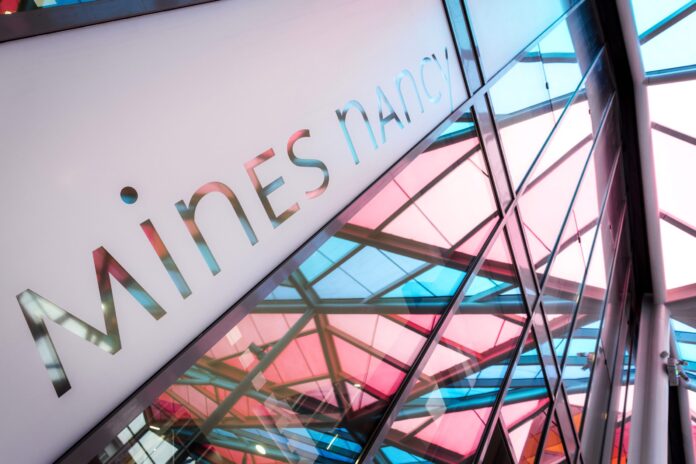A bit late, but of some note; last month, Mines Nancy, a major grande école for engineering in France, opened a private 5G innovation platform at its campus in Nancy in northeastern France to enable engineering students and university partners to develop 5G-based industrial solutions. Mines Nancy is the first grande école to get its own 5G network. It has worked with Nokia for the network equipment and the telecoms unit of French energy group SNEF.
The university’s new Te@chLab project, co-financed by the Grand-Est region, alongside Nokia and SNEF, also draws partners from Alerion, AnalyticsNC, the French National Agency for Radioactive Waste Management (ANDRA), the IHU Strasbourg and the Lorraine Research Laboratory in Computer Science and its Applications. A press statement tied its launch to the European Union’s ‘Digitalising European Industry’ plan.
Nokia has contributed its DAC and MXIE products to the effort. The network will provide “opportunities for digital transformation in multiple areas – including [in] IoT, autonomous robotics, cybersecurity, smart grid, [and] telemedicine”. The group flagged research into “smart surveillance systems”, “AR technologies”, smart manufacturing systems, or “smart health networks”.
The new Te@chLab network will help “key players of the industrial revolution 4.0 and their projects”, it said. Students will use the network to devise application projects, contribute to industrial conferences, and run hackathons. The university will launch or link “transdisciplinary technological training” in AI, robotics, 5G, IoT, it said. An industrial chair for industrial 5G and a training chair on AI robotics have been created.
The statement said: “Mines Nancy wishes to collectively strengthen the regional competitiveness of enterprises and industry, but also to massively train students and professionals in this disruptive technology to accelerate the digital revolution and build an open ecosystem that connects university skills, enables new technology giants and local enterprises to create 5G power in the territory.”
François Rousseau, director general at Mines Nancy, said: “The Te@chLab of Mines Nancy will allow us to reinforce our commitment to technological innovation and to the training of generalist and humanist engineers, capable of responding to the technological and environmental challenges of society… Mines Nancy plays a neutral role by experimenting and analysing objectively the interests of this technological innovation and ensuring that it is used responsibly and sustainably by its partners.”
Pierre-Gaël Chantereau, president for Nokia in France, said: “5G will be the foundation of Industry 4.0 and will have a transformative impact on the wider economy. It is time to accelerate its deployment, and training will play a key role in the adoption of this innovation… Students will be able to experiment with this technology in real-life conditions allowing them to support its adoption and create new solutions in their future companies.”
Christophe Delaye, managing director at SNEF Telecom, said: “Industrial 5G enables information to be connected and transported under the required conditions of security, throughput and responsiveness. It is and will be the foundation of Industry 4.0… All these resources will provide students with a unique environment to train and become players in the transformation of industrial companies and the economic development of our regions.”

